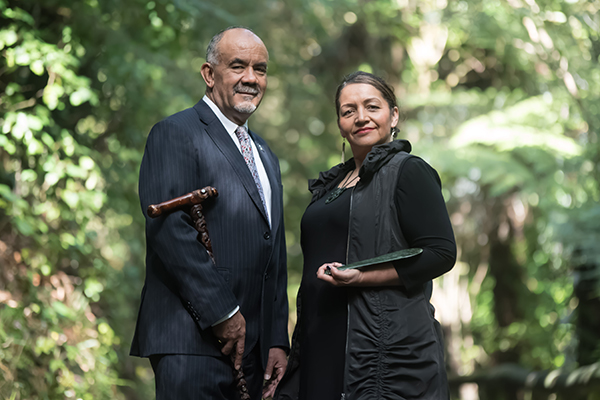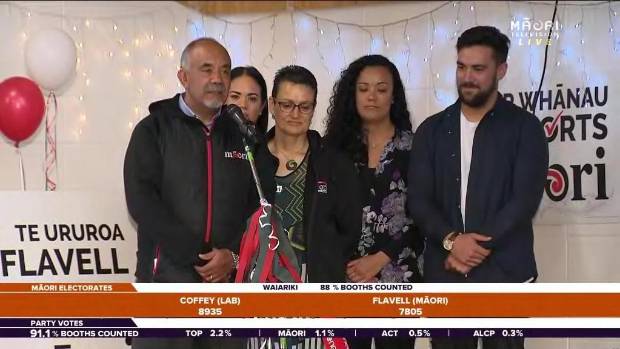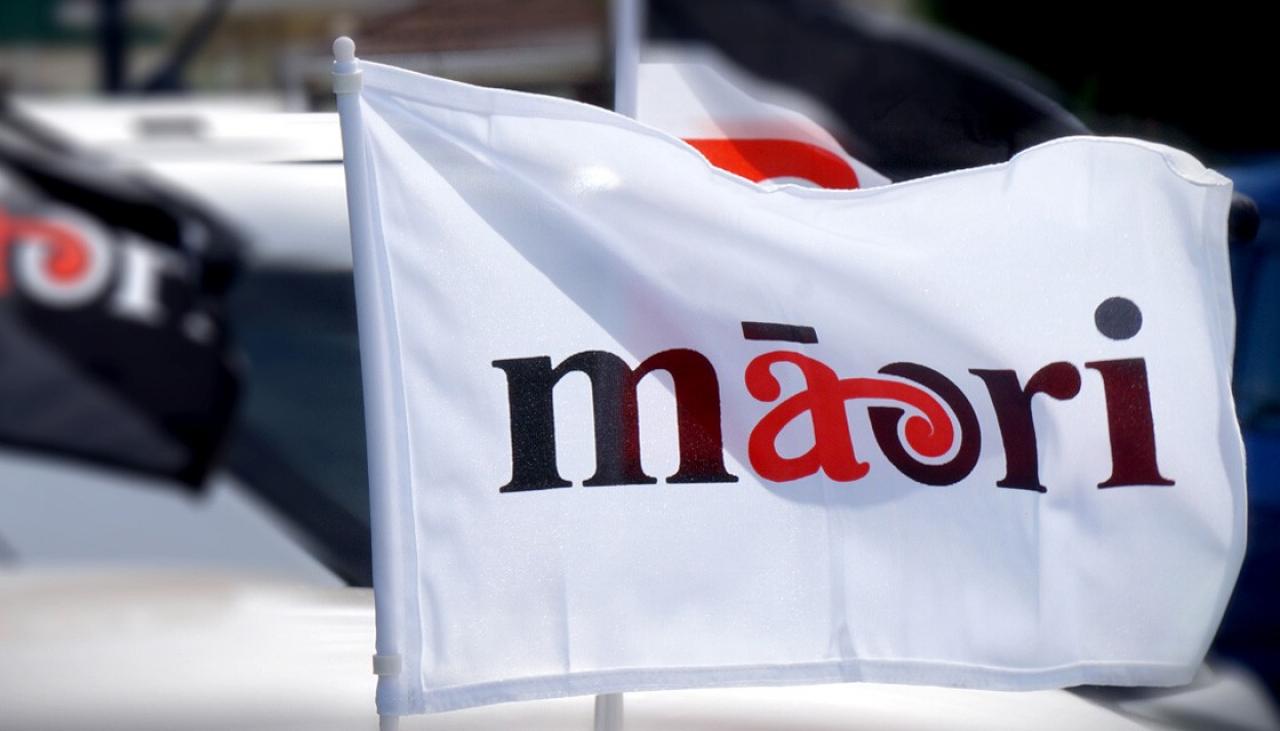With the defeat of Te Ururoa Flavell in the Maori electorate seat of Waiariki, it can be safely declared that #Election2017 was the death-knell for the 13-year old Maori Party. Not only because losing their only electorate seat and polling under 5% cast them into the political wilderness, but with the New Zealand Labour Party in government there may not be a chance for the Party to prove why their presence in Parliament is necessary.
There were many reasons given for the demise of the Maori Party, the most repeated was their affiliation to the National-led government for the past nine years. In those same number of years, Maori poverty rates steadily increased – particularly those who were homeless, unemployed or stricken with drug or alcohol addiction. Maori welfare was plummeting and it was only natural for their voters to pinpoint the blame to the government of the day, which included the Maori Party.
The Party’s co-leaders, Flavell and Marama Fox, would retort that it was important for them to be at the “decision-making table”. However, it would not mean anything if the decisions being made were the wrong ones.

Both of them are quick to list out the number of “policy wins” they got in government, from added funding to Maori-targeted programs to substantial policy gains such as the Whanau Ora initiative which catered to Maori health needs focusing on Maori cultural values. Yet these were dismissed to do very little and appearing symbolic in nature only; even the latter initiative, however grand, was criticized for being disproportionately generous to the home electorate of the Maori Party’s founder and former co-leader Dame Tariana Turia (Te Tai Hauauru).
Despite what the two co-leaders might have you, the Party had very little to show for their support of the largely unpopular National-led government in the past decade. During their 2017 campaign, they emphasized greatly on the importance of having an “independent Maori voice in Parliament”. They tried to smear the Maori MPs in the Labour Party to not be acting in the best interests of Maori, which is ironic given the Maori Party’s support for an unpopular National-led government.
There was scare-mongering coming from Marama Fox that the new Labour Maori MPs would not make a difference since they would all be in opposition. How wrong was she when the Labour Party was able to form a government with New Zealand First, bringing forth the most number of Maori Cabinet Ministers in the history of New Zealand politics. There are currently five Ministers inside Cabinet, and three outside who are of Maori descent. This includes the prestigious Deputy Prime Minister position, which was given to the Rt. Hon. Winston Peters.

Labour’s clean sweep of all seven Maori electorates was a rejection of these scare tactics and a clear vote of no confidence for the Maori Party. Besides being out of Parliament, the result may be even more detrimental for the latter as the Maori MPs from the Labour-New Zealand First government will be empowered to make even more concrete reforms as they are in government.
The New Zealand First Party has already gotten their wish to extend the railway link to the Northland region, an area with a large Maori population. The creation of the link will provide jobs and the better transport infrastructure will attract investment into the region. The Minister for Employment is Willie Jackson, a Labour MP, who can devise and implement clear solutions to the growing problem of Maori unemployment. Several reforms will be overseen by the Hon. Shane Jones, who has been given the portfolio of Regional Economic Development, Forestry and Infrastructure. He will be looking to employ a large number of unemployed Maori for his “Billion Trees Planting Program” which aims to plant that number of trees by 2020.
There are two Maori electorate MPs who are in Cabinet, namely Nanaia Mahuta and Kelvin Davis. The former handles the Maori Development portfolio, which will be inside Cabinet for the first time in recent memory. She will have the necessary teeth to implement what ever reform she finds suitable. Meanwhile, Davis takes a prominent front-bench role as the Labour Party Deputy Leader while also being in-charge of the Corrections portfolio. He will be able to find ways to reduce the Maori incarceration rate, which is disproportionately high.
If the government is able to push through with the reforms they have in store, it will create significant opportunities to the lives of many New Zealanders especially for Maori. An improvement in the overall welfare of Maori voters will make the Labour-New Zealand First government very popular and will erase any justification the Maori Party will have for a return bid in 2020. The only saving grace the latter might have is if the government reneges on their promises, but with a large number of Maori development advocates in positions of power that scenario is very unlikely.

